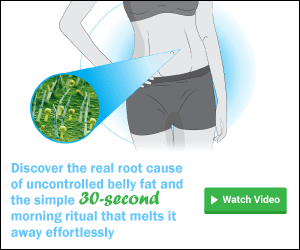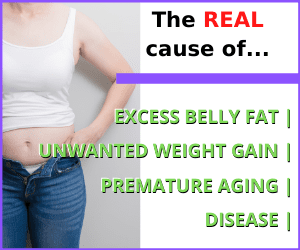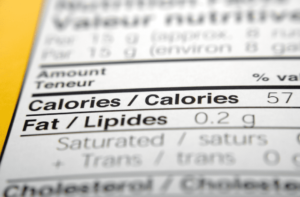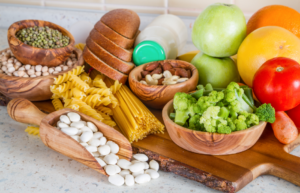Dr. Mary Claire Haver is a wife, mom, physician, and entrepreneur who has devoted her adult life to women’s health. As a Board Certified OBGYN in the Houston area, Dr. Haver has delivered thousands of babies, completed thousands of well-woman exams, counseled patients, taught residents, and did everything an academic professor and OBGYN could do.
As her patient population aged, Dr. Haver was overwhelmed with the number of complaints and concerns her patients had with weight gain while going through menopause. For years, she told her patients to eat less and exercise more. It wasn’t until she, too, experienced the changes of menopause and mid-life weight gain that she realized this advice doesn’t work and ultimately led to her creating and developing a new program, The Galveston Diet.
The Galveston Diet is the first and only nutrition program in the world created by a Female OBGYN, designed for women in menopause. The Galveston Diet helps women reach their health and wellness goals through an anti-inflammatory approach to nutrition. Dr. Haver believes in the power of nutrition to combat inflammation and highly recommends the unlimited benefits of intermittent fasting. As part of her ongoing research, she became certified in Culinary Medicine in 2019, which specializes in medical nutrition.
We'll inevitably make a few mistakes when it comes to our diet after menopause. However, some mistakes are more common than others and can have a bigger impact on our health. In this post, we'll take a look at four of the most common eating mistakes made by women after menopause and provide tips for avoiding them.
 1. Not Eating Enough Calories
1. Not Eating Enough Calories
When we hit middle age, our metabolism tends to slow down. This means that the number of calories required by our bodies decreases as well. It's important not to eat too little because you'll not only be hungry all the time, but you'll also lose muscle mass and your body won't work properly if it doesn't get enough fuel. If you think you're eating under 1200 calories a day, try upping this amount slightly and see how it makes you feel. You may find that eating more gives your body the nutrients it needs while still making you feel full so that you never go hungry or feel deprived.
 2. Not Eating Enough Nutrients
2. Not Eating Enough Nutrients
Some women worry about getting older and therefore cut out vitamins from their diet completely. However, this isn't something you should even consider doing. Getting older doesn't mean that your body doesn't need nutrients anymore; it just means that the nutrients required to function properly are likely to change slightly. For example, extra calcium is often recommended for women over 50 years old because bone density tends to decrease as we age and there's less vitamin D available from the sun due to changes in exposure levels (more time spent indoors). Calcium is found in milk and dairy products (like cheese), so if you don't like milk or cheese, lookout alternative sources of calcium such as tofu or dark green vegetables
 3. Eating Too Much Sugar
3. Eating Too Much Sugar
When menopause starts, it's common for many women to crave sugars and sweet foods. While these cravings are completely normal, it doesn't mean you should sit down with a few cookies every day to satisfy them. Cravings are only natural if they're infrequent enough that you don't binge on sugary snacks, but instead eat no more than one or two pieces of candy or other sweets several times per week at most.
4. Not Eating Enough Vegetables
A diet without vegetables isn't healthy during the menopause transition for many reasons, not least because vegetables contain nutrients that help reduce joint pain. However, another reason is that veggies make us feel full so that we don't overeat unhealthy snacks between meals. Rather than snacking on something processed, try eating some raw fruit or vegetables instead.
There are several reasons why some women stop eating some or all vegetables during their menopause transition, not least because they don't feel like eating veggies while suffering from hot flushes and night sweats. You might also be suffering from heartburn which can make it tough to eat anything which isn't basic processed food. Whatever your reason for avoiding vegetables, try adding them back into your diet slowly but surely so that you get used to having them again. This will help with weight management and prevent unnecessary cravings for unhealthy foods between meals.
Eating the right way after menopause is key to having a healthy body, feeling great, and reducing the risk of health conditions related to diet such as type 2 diabetes.



 1. Not Eating Enough Calories
1. Not Eating Enough Calories 2. Not Eating Enough Nutrients
2. Not Eating Enough Nutrients 3. Eating Too Much Sugar
3. Eating Too Much Sugar
Leave a Reply